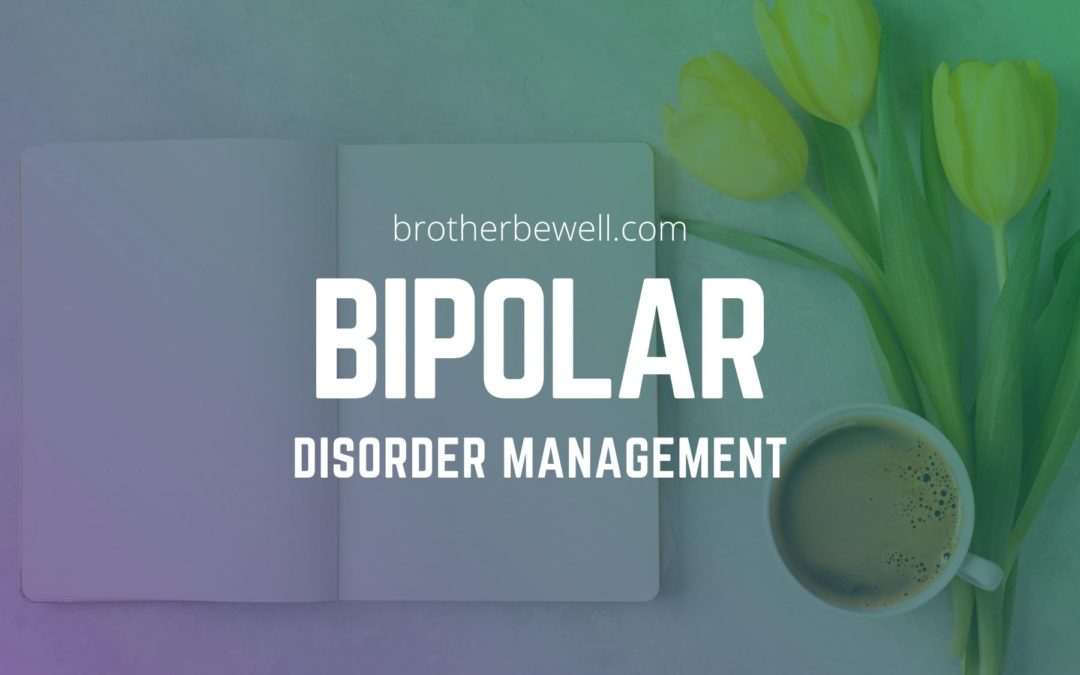Bipolar disorder is a mental health disorder that causes a patient to experience severe and unpredictable mood swings that fluctuate between manic (or hypomanic) and depressive episodes. Bipolar disorder is an oppressive disorder that affects almost every aspect of a patient’s day-to-day life. According to a survey performed by the National Institute of Mental Health, approximately 2.6% of the United States population has been diagnosed with bipolar disorder.
Patients with bipolar disorder often feel hopeless, and they may lack peace or have a hard time finding a way to cope with rapid mood swings and their consequences. Fortunately, research has found that with professional services and lifestyle changes, it is possible to live a happy, successful life with bipolar disorder. Research has identified that diet, substance use, and treatment engagement are three major areas that affect a person’s ability to cope with living with bipolar disorder.
A Modified Diet
A major contributing factor to managing the symptoms of bipolar disorder is the quality of a patient’s diet. In today’s society, it is easy to fall into bad dietary habits like consuming too much red meat, simple carbohydrates, and foods or beverages high in sugar and sodium. These foods and beverages not only increase the risk of heart disease and obesity, but also disrupt the internal balance of hormones, which will increase the prevalence of both manic and depressive episodes.
To create a healthy diet to help manage symptoms of bipolar disorder, limit consumption of red meats, fatty foods, foods and beverages high in sodium, caffeine, sugars, and simple carbohydrates. Instead, incorporate nutrient-rich foods such as fruits, vegetables, fish, eggs, legumes, and lean meats.
Adopt A Sober Lifestyle
Research has found that using drugs and alcohol has a devastating impact on patients who suffer from bipolar disorder. Drugs and alcohol are considered ‘mood altering substances’ because they cause chemical imbalances that alter the mood of the user. The use of drugs, alcohol, and even tobacco products increases the risk of both manic and depressive episodes. In order to lessen the frequency and intensity of mood swings, it is important to consider adopting a sober lifestyle.
Consult With Professionals
According to a survey performed by the National Institute of Mental Health, approximately 55 percent of adults with bipolar disorder in the United States actively participate in consistent mental health treatment to help manage symptoms. Research supports that receiving consistent therapeutic and psychiatric services plays an important role in decreasing symptoms of bipolar disorder.
Receiving consistent counseling is beneficial to those who suffer from bipolar disorder, because it provides a means of expression and psycho-education about what it means to live with bipolar disorder. Counseling services teach patients how to manage their symptoms, regulate and monitor their mood, and cope with associated struggles and issues. In addition, counseling helps by referring patients to psychiatric services if needed, and by coordinating care with the prescribing psychiatrist to ensure that the patient is getting the most out of his or her counseling and psychiatric treatment.
References
Bipolar Disorder Among Adults. (n.d.) https://www.nimh.nih.gov/health/statistics/prevalence/bipolar-disorder-among-adults.shtml
Hilty, D. M., Brady, K. T., & Hales, R. E. (1999). A Review of Bipolar Disorder Among Adults. Psychiatric Services, 50(2), 201-213. doi:10.1176/ps.50.2.201
Kay-Lambkin, F. J., Thornton, L., Lappin, J. M., Hanstock, T., Sylvia, L., Jacka, F., Hunt, S. (2016). Study protocol for a systematic review of evidence for lifestyle interventions targeting smoking, sleep, alcohol/other drug use, physical activity, and healthy diet in people with bipolar disorder. Systematic Reviews, 5(1). doi:10.1186/s13643-016-0282-9
McCormick, U., Murray, B., & McNew, B. (2015, July 14). Diagnosis and treatment of patients with bipolar disorder: A review for advanced practice nurses, http://onlinelibrary.wiley.com/doi/10.1002/2327-6924.12275/full



